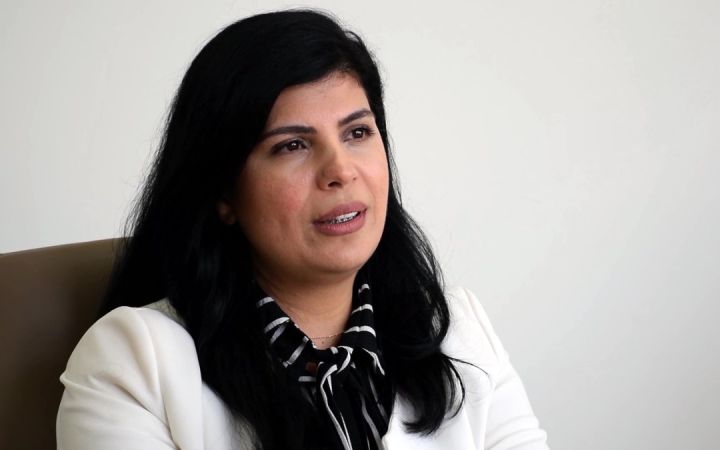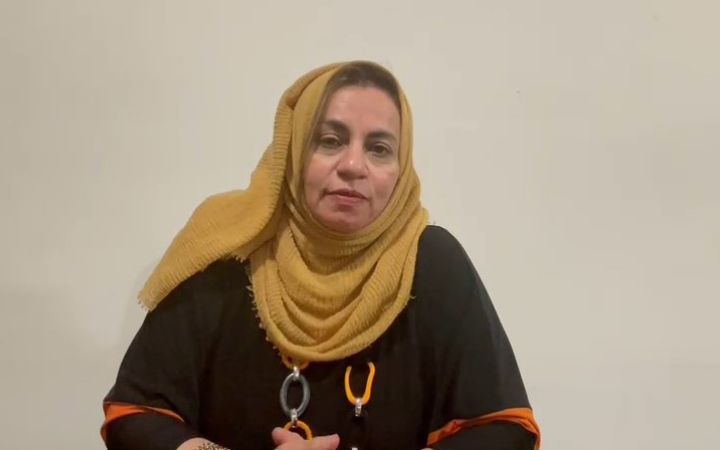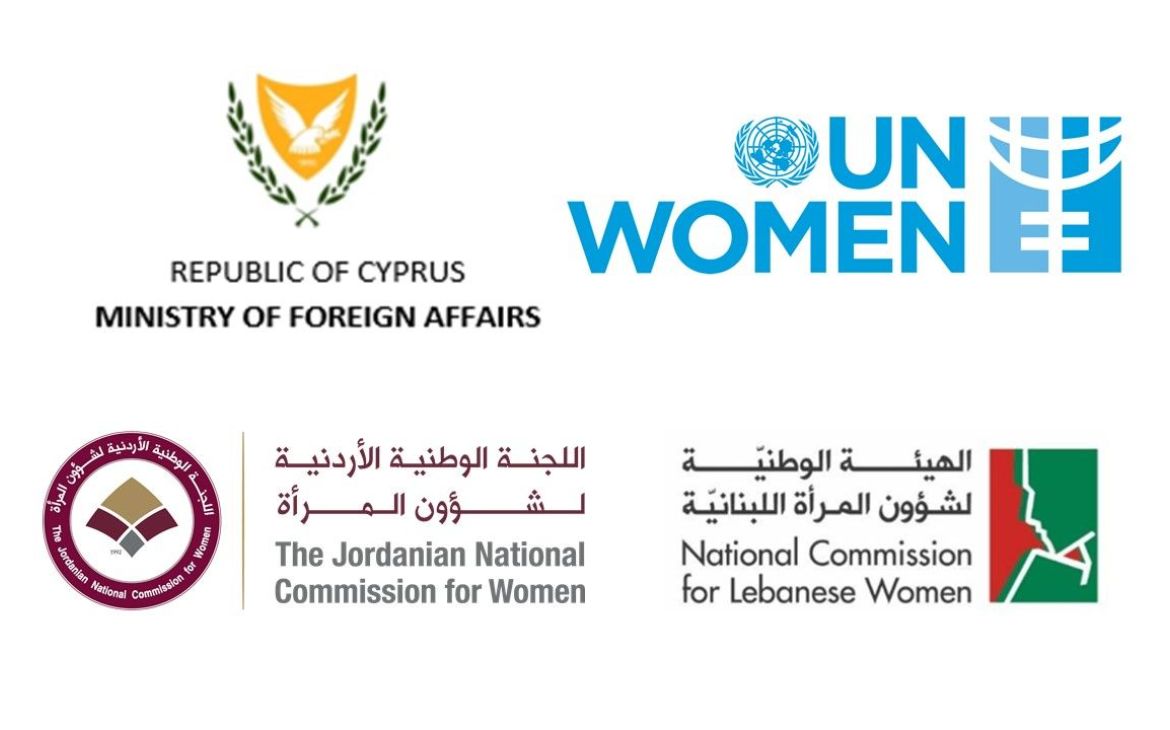Summary
- UNITAR ran its online training programme Gender Empowerment Now: Building Capacity to Mainstream Gender Equality and Women’s Empowerment into the Government Policy of Jordan and Lebanon from March to May 2021.
- Fifty-eight government officials joined, from ministries of education and welfare, energy, security, economy and tourism.
- Participants learned about the United Nations Security Council Resolution 1325 on Women, Peace and Security and practiced tools such as strategic and budgetary planning.
- Participants will take concrete actions in their workplace and requested UNITAR to help monitor the actions.
- Participants hoped for further training from UNITAR in other gender equality and women’s rights topics.
17 September, 2021, Hiroshima, Japan - A single approach cannot bring about genuine development towards a common goal. The outcome of Sustainable Development Goal (SDG) 5 is clear: gender equality. Yet, the path to get there is not simple. Each nation, state or municipality will have its own starting point, shaped by a unique cultural identity and socioeconomic and political conditions. And these will in turn shape the tools to seek and implement change.
UNITAR supports countries to achieve SDG5 by enhancing the skills of their people and empowering them to take locally tailored action. To this end, UNITAR – with the support of UN Women and the Cypriot Government – ran a 10-week online training programme from March to May 2021: Gender Empowerment Now: Building Capacity to Mainstream Gender Equality and Women’s Empowerment into the Government Policy of Jordan and Lebanon.
Fifty-eight government officials (55 women and three men) took part in the programme. They represented not only departments such as education and welfare in which women traditionally are placed, but also energy, security, economy and tourism sectors. This diversity shows that Jordan and Lebanon both want gender equality enacted across the board in governmental policy.
The course covered the terminology of gender equality, its legal basis – especially the United Nations Security Council Resolution 1325 on Women, Peace and Security – and how to realize equality through strategic and budgetary planning. “Gender responsive budgeting [has] economic and social dimensions that aim [for] the equitable distribution of opportunity between men and women,” said Alin Aoun, Executive Assistant of the National Strategy for Women in Lebanon.
The learners enjoyed the self-paced online learning. “This is the first time I took a training course through an online platform,” said Muna Nahlawi, Gender Focal Point at the Ministry of Foreign Affairs in Jordan. “In the beginning it was technically challenging, but it became easier. Training programmes on an online platform assist [us] in gaining professional and technical experience and knowledge.” Majd Al-Qudah, a researcher at the Department for the Development of the Institution Performance in Jordan, added: “[It has] inspired me to use a similar approach in my field of work in the future.”
Online did not mean isolated. After each module, participants could reflect on, express and broaden their perspectives in online group discussions. The sharing of ideas helped bridge the gap between learning and the reality of implementing what they learned at their workplaces.
Webinars with experts were also held, where participants developed needs assessments and action plans to build institutional capacity and achieve gender equality. The participants’ plans were not merely theoretical exercises; Muna Nahlawi’s plan, for example, has already received official support: “The administration welcomed the executive plan we devised,” she said.
The conclusion of the UNITAR programme is not the end but a starting point. Participants asked for follow-up support in monitoring how they implement their action plans. Participants also highlighted topics in gender equality and women’s rights for which they hoped UNITAR would hold trainings.
They suggested ways to help learners get more personalized learning content and affirmed how this course and similar ones could evolve to give practical support to government officials in delivering on gender equality.
Promoting the status of women in society is not a zero-sum notion that detracts from the roles traditionally held by men. Exactly the opposite is true: countries that offer open societal roles and safety for women do better. Promoting this fundamental idea is essential to reduce resistance to gender-equality measures.
“Government programmes and actions should include [empowerment for women and sustainable development]. Achieving sustainable development cannot happen without integrating women’s empowerment and gender equality,” said Majd Al-Qudah.
GEWE Project Completion Report 2021
For more information, please check the "GEWE Project Completion Report 2021" below.
About UNITAR
The United Nations Institute for Training and Research (UNITAR) provides innovative learning solutions to individuals, organizations and institutions to enhance global decision-making and support country-level action for shaping a better future.
Located in Hiroshima, UNITAR's Division for Prosperity offers world-class learning and knowledge-sharing services to present and future change makers from developing countries, particularly youth and women, that are designed to shape an inclusive, sustainable and prosperous world.
Our programmes are dedicated to addressing growing inequalities, working in solidarity with diverse partners at the local, regional and global levels.




